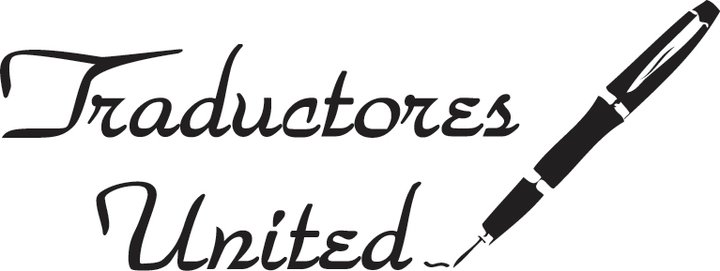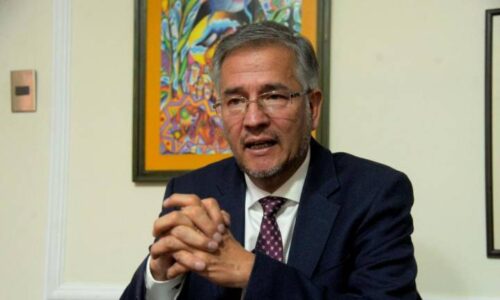

9 June 2021
The Scam
“In the end, what is the future?” reflects the curator, “an excuse to talk about the present.” Gregorio Belinchon.
To speak, also, of the past. In today’s Bolivia, since the current Covid-19 pandemic, it is impossible not to remember the burden of the past almost 14 years of President Evo Morales. It is a past that is cast as a dark shadow over the present and the future, no matter how much the regime and its men deny it. Consummate deniers.
However, some people remind the current President, Luis Arce, strongly: “Shut up, Mr. Arce, you’ve already done a lot of harm to our country… For years he was the cashier of the MAS [Government’s] waste that left us a health system, almost in ruins… he preferred spending on helicopters, museums, and palaces for his boss, rather than spending on hospital beds… he preferred spending on Persian carpets for his office rather than spending on intensive care units…”
This was reminded by the current Mayor of La Paz, Ivan Arias[1], who beat the candidate appointed by Morales himself, in the municipal elections of last March. And there is much more to remind the “cashier of the waste.” He was Minister of Economy for 12 years of the Morales era, 2006/2019, in times of hyper commodity prices. He believed that it was all due to his merit; perhaps, that’s why he was his heir apparent in the 2020 elections.
The Mayor of La Paz rubbed salt into the wound in this ill-fated third wave of the pandemic, without [the appropriate] health infrastructure to face this virus that infects and kills relentlessly, without beds for intensive care, without oxygen, without medicines, doctors without contracts and vaccines, against a legitimate desire to survive.
Today we are suffering the consequences of that enormous waste. In reality, it is a scam against the Bolivian society through the deceptive propaganda of the “process of change” and of the “native-indigenous-peasant” ethnic imposture, which did not lift the indigenous people or peasants out of their ancestral poverty. For economist Gonzalo Chavez, “in Bolivia, poverty, social exclusion, centralism, and racism were and are long-standing and just causes.” Morales deepened extractivism, he points out, taking advantage of the external boom in commodity prices. Oil expert Carlos Delius corroborates this, because the prices of West Texas Intermediate (WTI) oil, which influence the price formula for gas exported by Bolivia, “were on the rise.” From $14.24 per barrel in 1998, it rose to $66.05, at the beginning of exports to Brazil, in 2006. “The highest average price of the decade 2010-2019, was 93.28 dollars, that is, multiplied (93.28/14.24) = 6.55 times.” This variable “was not, nor is it, under the control of the seller Bolivia, or the buyer Brazil.” The bonanza was not the work of either Morales or Arce. (Hydrocarbon policy in crisis. The perfect storm. Millennium Foundation. May 2021.)
Morales and his Minister of Economy, current President, squandered that bonanza to the detriment of the national heritage and human development: health and education, above all. They ignored the development of the productive forces, the creation of productive work and employment, to reduce the phenomenon of “informality,” a true survival strategy practiced by between 70 and 80% of the population, given the meager supply of the public and private sector. At the same time, the corruption of the regime was a daily occurrence: influence-peddling in the entire State apparatus, total subordination of the Judicial Power, award of direct contracts without bidding, overprices in works and purchases without accountability, in addition to slapping the rule of law, the democratic coexistence among different people, with deaths, persecution, exiles, and all in collusion with coca-growing corporatism, so close to drug trafficking, smuggling gangs, and other atrocities.
The fact that the regime is tearing its hair out today for the $2.3 million bribe, via intermediaries, for the former government minister, Arturo Murillo, sounds like hypocrisy. It is to see the speck in another’s eye and not the beam in one’s own, which does not prevent demanding absolute transparency in past and present events. To cite an example, beyond the Indigenous Fund or the “favors” to Gabriela Zapata, Morales’ former sentimental partner, to the Chinese CAMC Company, and other cases: who authorized in 2012 the payment of more than $28 million to buy 16 barges and two pushers from the Korean company General Marine Business? Of those almost $30 million, “$3 million went into personal accounts,” according to Defense Minister Ruben Saavedra, years later. (Pagina Siete Newspaper. La Paz. 23-IV-2017) The barges never arrived. No highest authority of the Executive [Power] was prosecuted. “Rotten to the core,” Hannah Arendt would say. There are no excuses to leave the scam inflicted on Bolivian society buried in the past. It cannot be covered up by the denials of Morales, Arce, and the entire MAS. This multiple scam must be settled.
[1] [Author’s footnote] The Central Government subjects Arias to budget cuts, freezing of accounts; they invent lawsuits, they summon him to procedural hearings only for having been a minister in the Transitional Government of former President Jeanine Añez, whom they denigrate without measure or clemency.
Source: https://www.icees.org.bo/2021/06/la-estafa/




